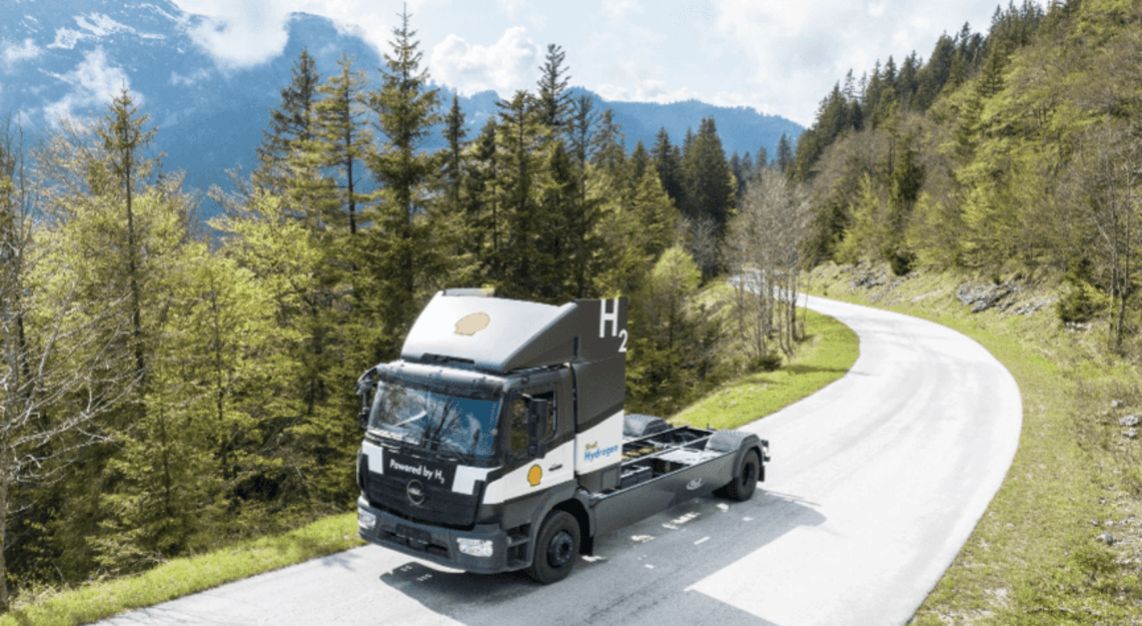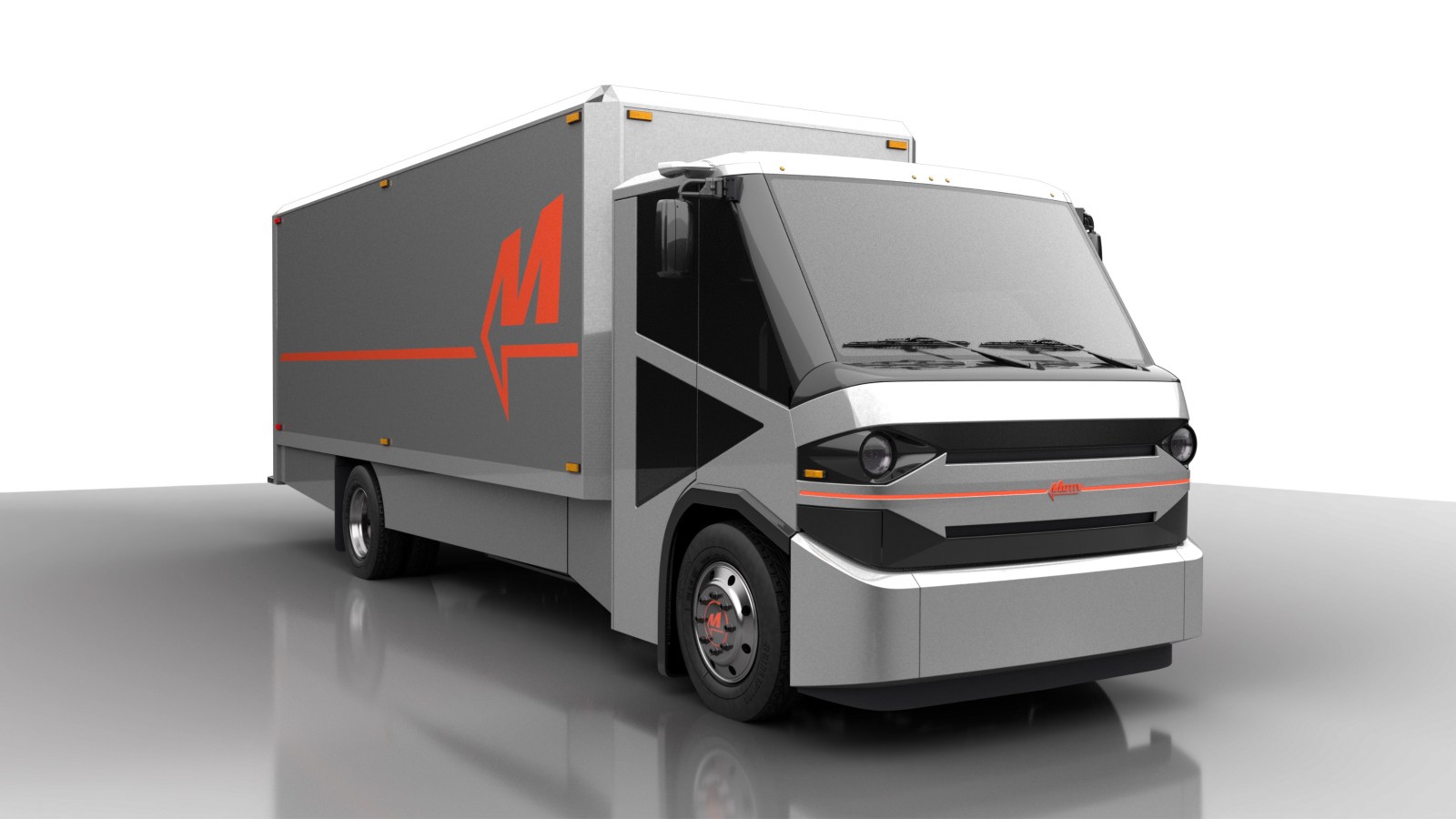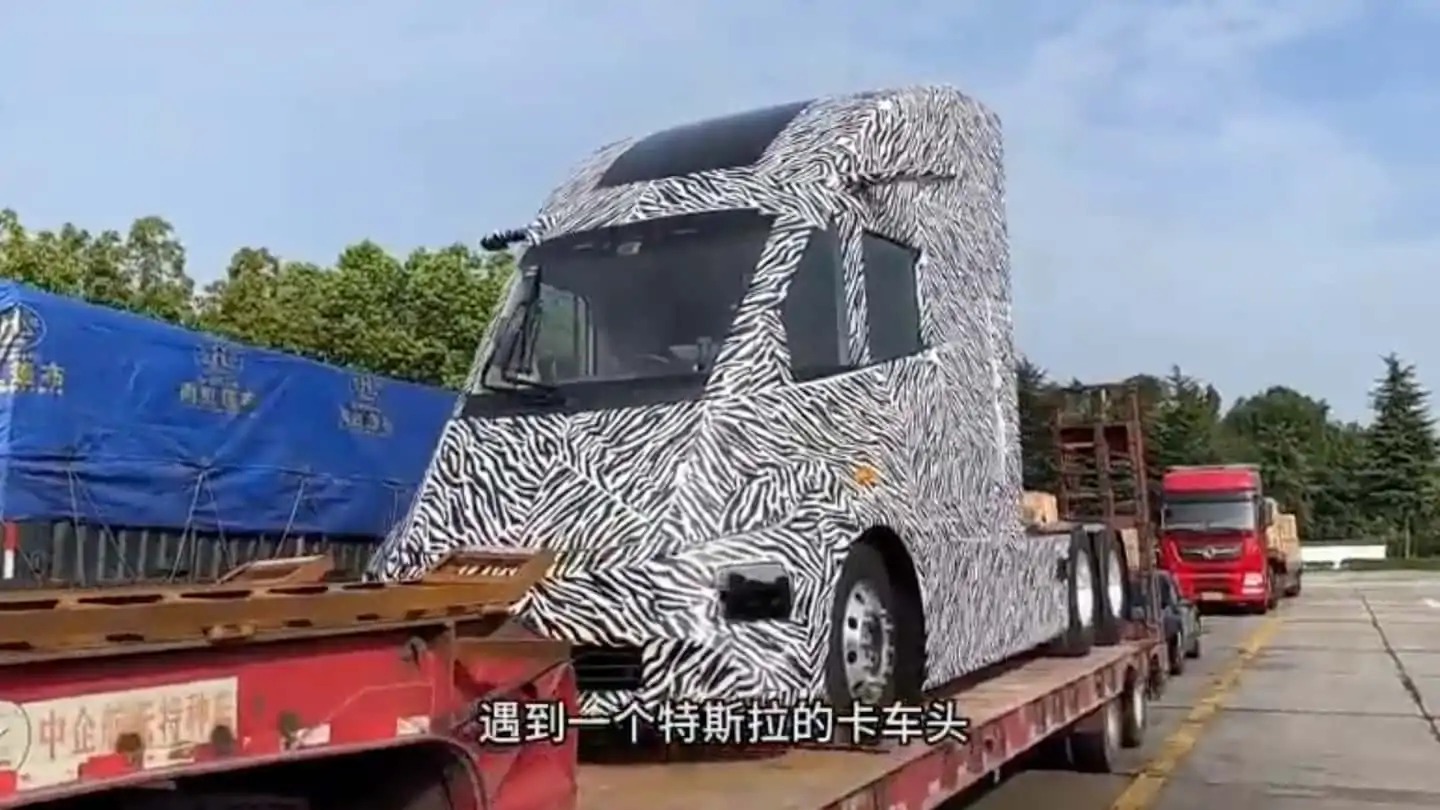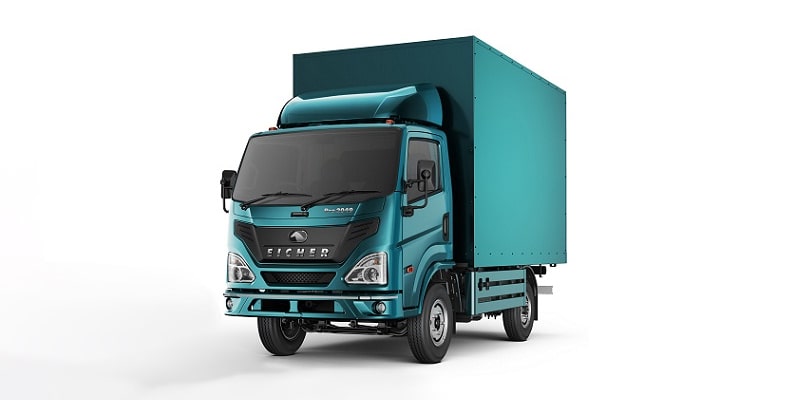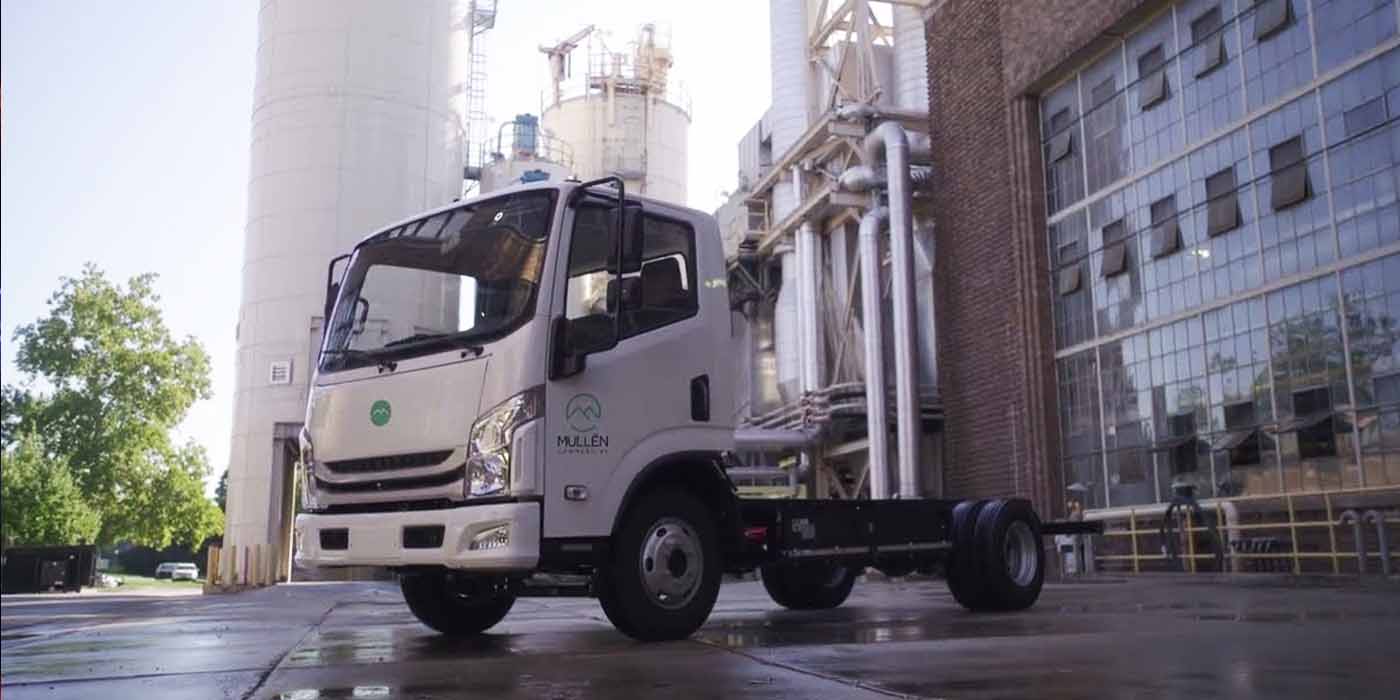In a strategic move to facilitate the transition to greener transportation, Shell Low Carbon Solutions announced the launch of a hydrogen pay-per-use service for heavy-duty Fuel Cell Electric Vehicle (FCEV) trucks in Germany. The service, starting this month, offers customers a convenient and cost-effective solution to adopt sustainable fleet options with reduced upfront investment, risk, and complexity.
Operating under a monthly fee arrangement, customers gain access to a 15-tonne Mercedes-Benz AG Atego fuel cell vehicle, complete with comprehensive insurance coverage, maintenance support, and remarkably quick 15-minute refueling times.
See also: Shell to Establish Nationwide Network of Fast and Ultra-Fast Charging Stations in Austria by 2025
The introduction of zero-emission vehicles is poised to revolutionize the entire trucking value chain, giving rise to new players, partnerships, and innovative products. Anticipating substantial growth in demand for zero-emission trucks, the industry expects the total cost of ownership to decline by approximately 10% over the next five to ten years. McKinsey projects that by 2035, electric vehicles will dominate the majority of new truck sales in China, the European Union, and the United States.
Acknowledging the considerable initial capital expenditure required for zero-emission trucks and the inherent technology risks involved, fleet providers are increasingly favoring leasing options. These leasing arrangements also encompass charging infrastructure provisions and maintenance support, easing the transition to new technologies.
In line with future projections, it is estimated that by 2040, 85% of newly sold trucks and 40% of all trucks on the road will be equipped with zero-emissions powertrains. To meet the escalating demand, the industry will need to establish additional battery production capacity equivalent to 12 gigafactories by 2030. Moreover, the widespread adoption of zero-emission trucks is projected to add approximately 6% to the current electricity demand, necessitating around $450 billion in infrastructure investments by 2040.
See also: Volkswagen and Shell Launch Battery-Boosted Charging Station for Electric Vehicles
Against this backdrop, Shell reported adjusted earnings of $5.1 billion in the second quarter, with the results reflecting lower oil and gas prices, refining margins, and LNG trading & optimization outcomes. Similarly, bp also announced facing comparable pressures in its latest financial results.

